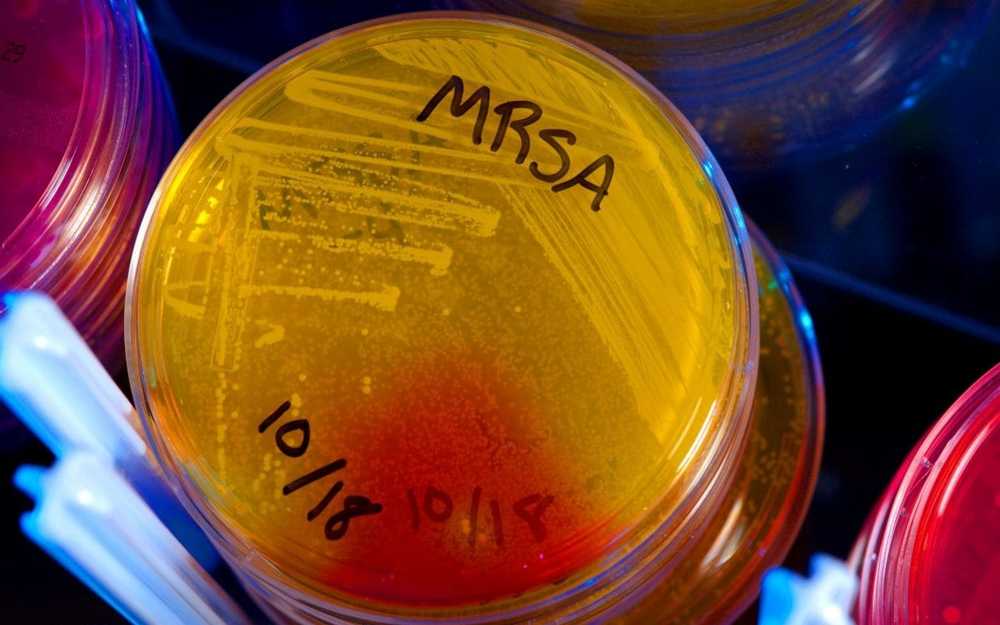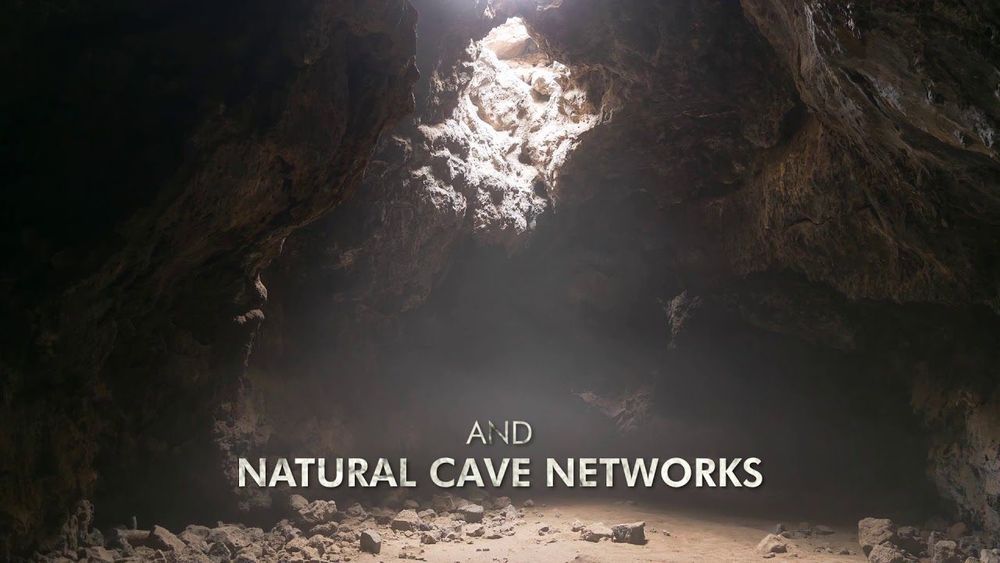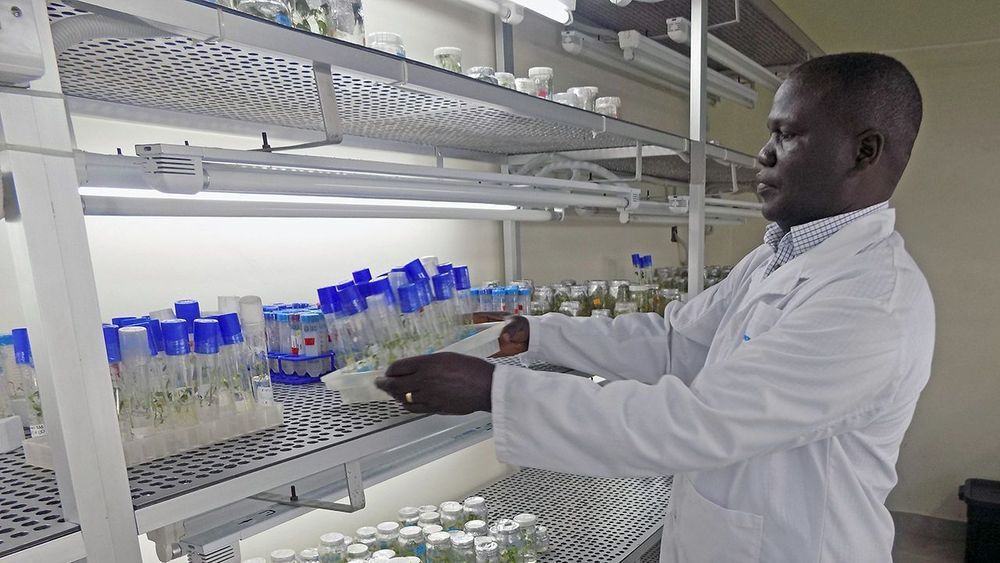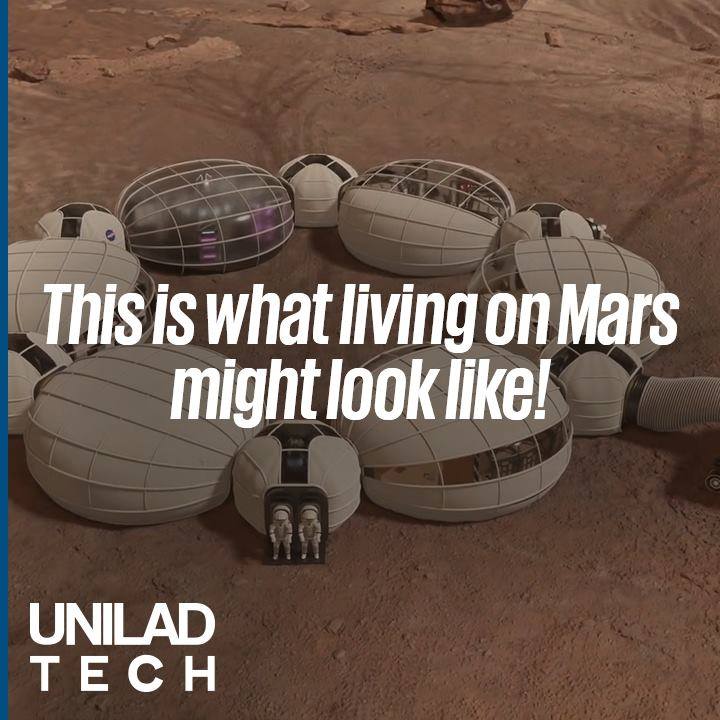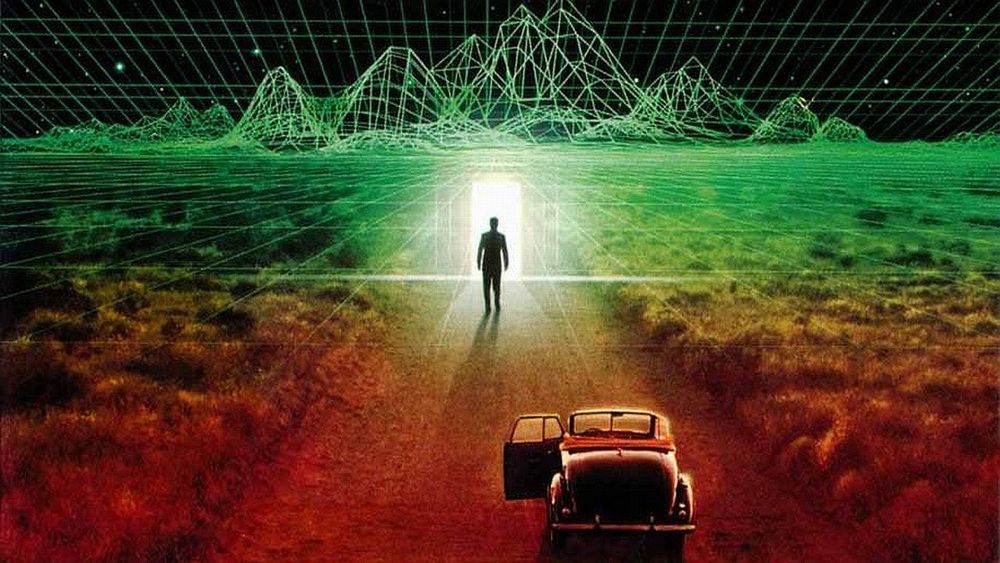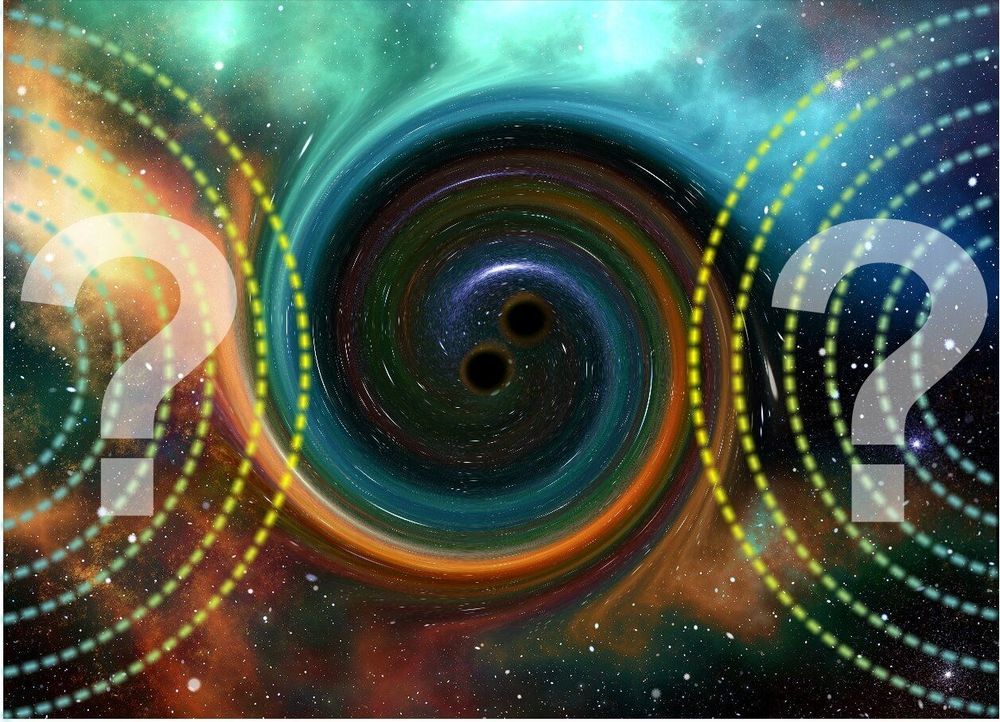
Gravitational echoes may be caused by the collision of two black holes, and may indicate that these objects have completely new physical properties. This conclusion was made by RUDN physicists after a series of mathematical calculations. The scientists state that if the existence of the echo phenomenon is confirmed, astrophysicists would have to reconsider their view of compact space objects. The results of the study were published in Physical Review D.
According to the theory of general relativity (GR), any massive object distorts space-time. A similar effect is observed when a heavy metal ball is placed on stretched elastic fabric. The heavier is the ball, the deeper is the depression in the fabric. Similarly, the higher the mass of an object, the more it distorts space-time. Black holes are among the heaviest objects in the universe, and therefore distort space-time the most. When two black holes collide, gravitational waves spread out from the site of collision. They can be compared to rings on the water, or sound waves, but there is one important peculiar feature. Gravitational waves do not propagate spatially—they are themselves the oscillations of space-time.
Gravitational waves from the collision of two black holes decay with time, but on their final stage, they can cause the so-called echo—additional wave scattering. It can be compared to regular acoustic echo. The existence of such gravitational echo has not been confirmed yet, and there are different opinions about its possible source. A RUDN physicist, together with colleagues from the Czech Republic and Russia, assumed that if the existence of gravitational echo is experimentally confirmed, it would be the beginning of the new physics adding to GR.
Continue reading “Gravitational echo phenomenon will become a key to the new physics, physicist says” »
